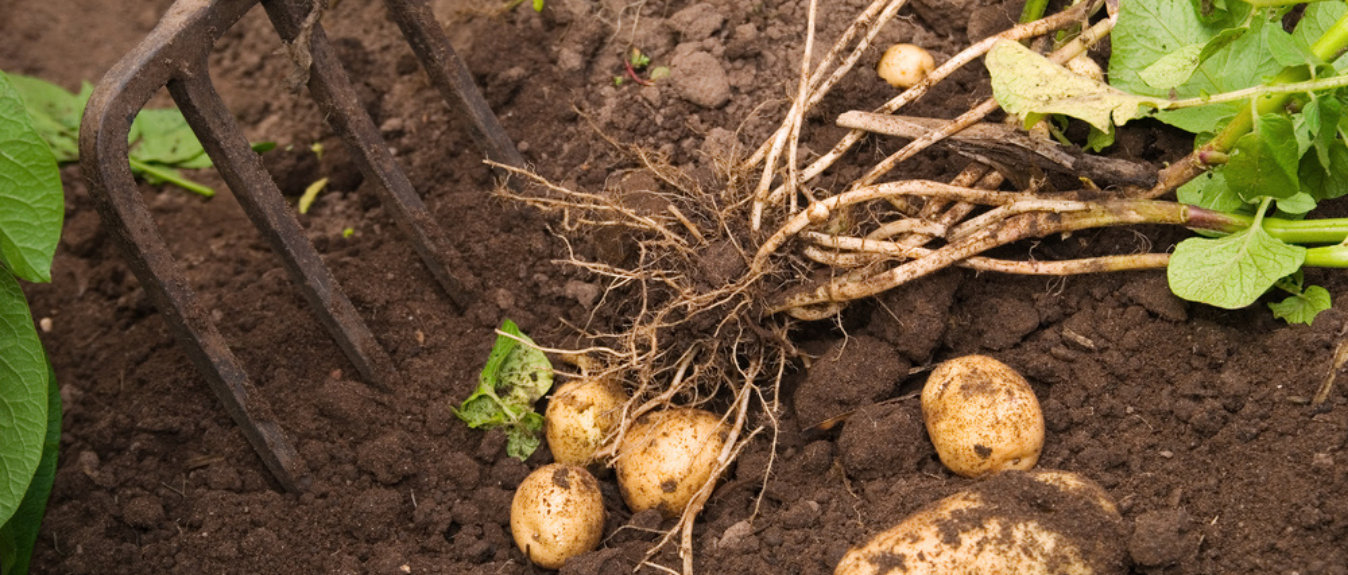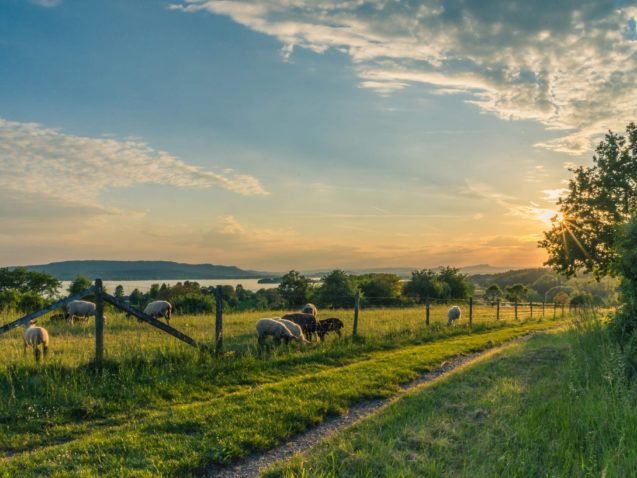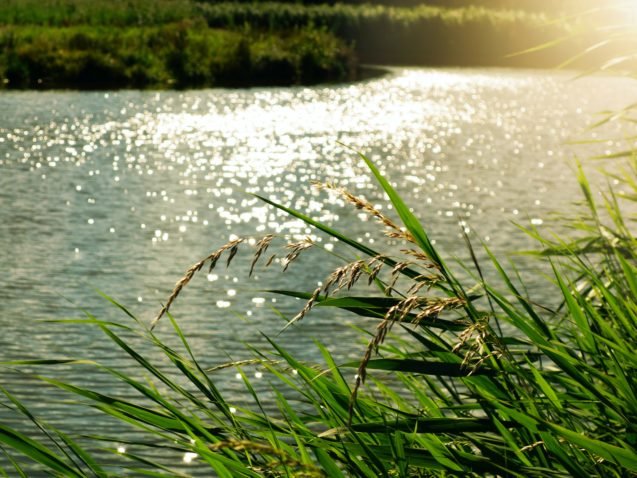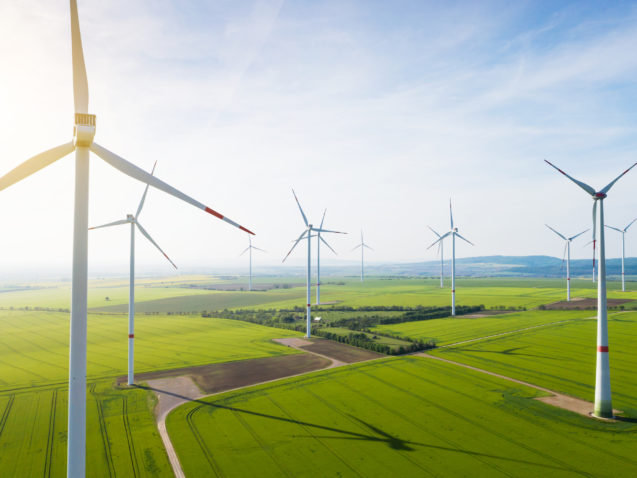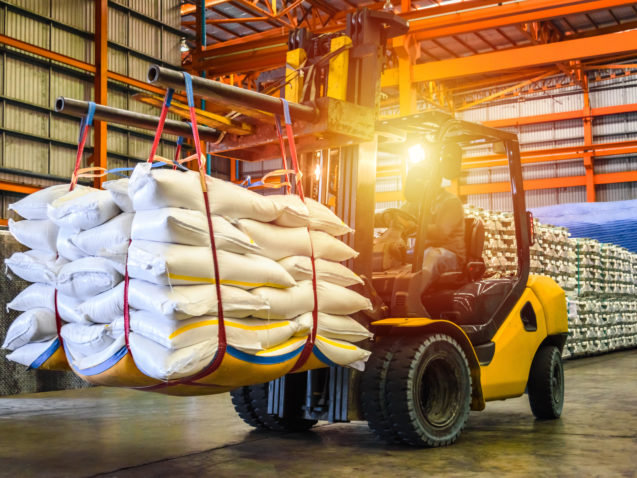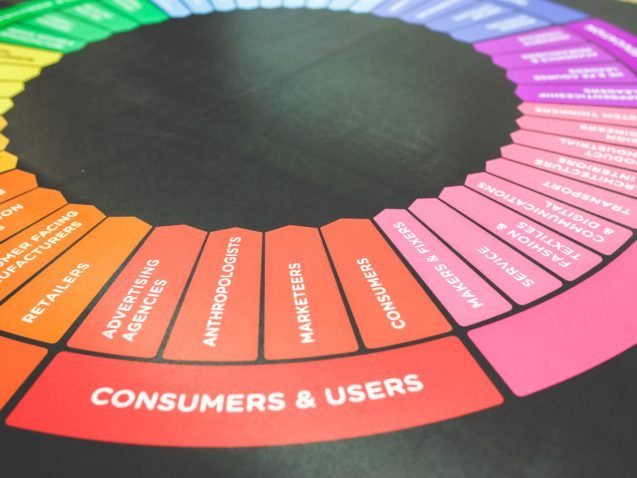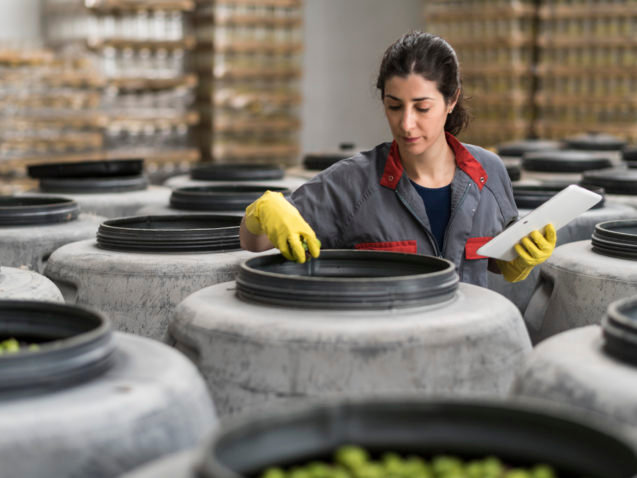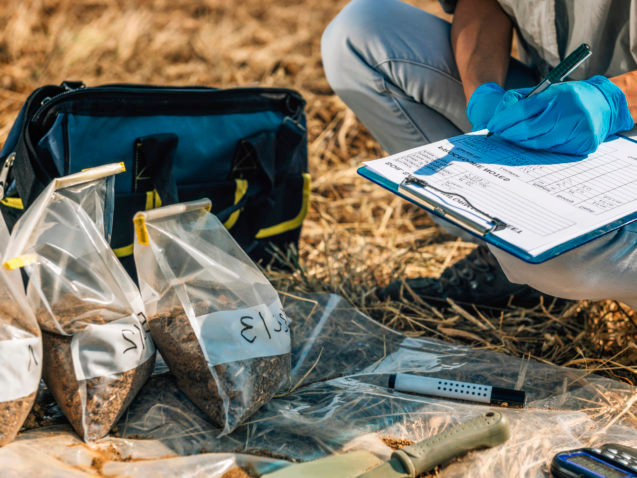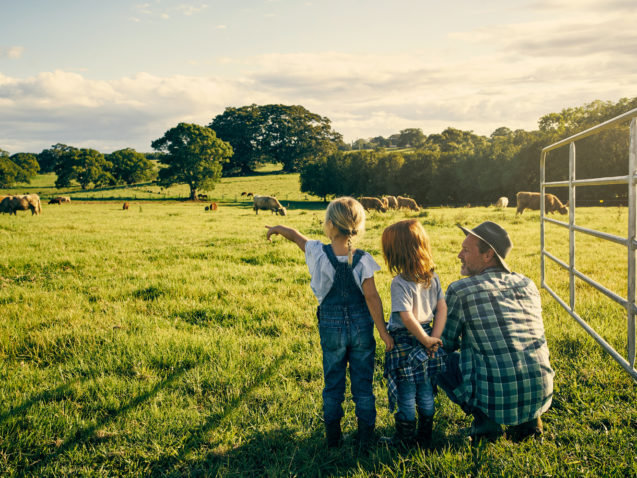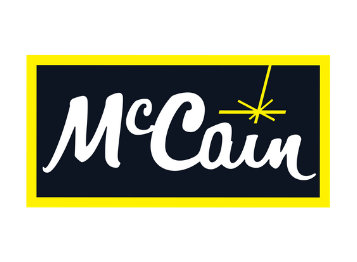Chips, crisps, boiled, roasted or mashed: the potato is one of our most versatile staples. Grown by farmers and processed by food companies, it’s been a reliable and regular part of our agricultural output and diet in Europe for hundreds of years. But today more than ever the focus is on driving down the environmental footprint of the potato’s journey from farm to fork.
We spoke to Pierre Gondé, Director of Public and Scientific Affairs for continental Europe at McCain Foods, who has worked with the company for more than 25 years. He explains how McCain’s famous french fries are produced, the benefits of its relationship with growers and what it is doing to improve the sustainability of the EU’s food system.
What happens to the potatoes once they leave the farm of your supplier?
The potatoes arrive by truck and we start by checking their size, sugar content and for any defects.
The first check is to accept or refuse the delivery and a second check is to know the quality and quantity of the load to work out the payment. We only reject around 1 percent of potatoes. Even then we will discuss with the farmer a way to use the potatoes, if not for specialty fries then for other potato products like flakes for mashed potatoes.
What are your main products and where are they sold?
Fries are the number one product for us. We have three types of market, each accounting for around one-third of sales. There is QSR (fast food outlets), restaurants and food service, and then the consumer retail market. We produce fries for both continental Europe and the rest of the world. For example, Benoit’s potatoes (Benoit is one of our farmer #FoodHeroes) are sent to our processing plant in Matougues, in north-east France where we process 60 tonnes of potatoes per hour, producing 30 tonnes of fries per hour. These are then sold into fast food outlets across France and Southern Europe.
What happens to the leftover bits of potato when you make fries?
The first leftover when you take the potatoes from delivery is water because we are drying them for the fries. The second leftovers are potato peels, which go to produce energy in a digester on-site, or for animal feed. And the very small part that is leftover in the process of cutting the fries is used to produce potato flakes for mash.
What are you doing to make your business more sustainable?
We have long-term partnerships with our growers – some for more than 30 years. We are even working with third generation growers, having started with their grandparents. It gives us a good continuity and enables the farmers to see through the ‘good practices’ that we are putting in place with them.
We have long-term partnerships with our growers – some for more than 30 years
What we started with the grandfather we can continue with the father and son or daughter too, to help us get more sustainable potatoes. For example, we’ve managed to reduce pesticide use of our growers by 25 percent over the last ten years. We have also managed to reduce nitrogen-use and develop irrigation tools to help the farmers manage with drought and other challenges. We now have ten pilot farms across Europe where we are testing new sustainable farming methods before rolling them out to all our growers.
What do you want out of the EU’s Farm to Fork Strategy?
The most important thing for us is to grow potatoes in a sustainable way that protects nature and secures potato supplies into the future. We need to continue to have a long-term relationship with farmers to enable us to reduce pesticide and water use and encourage more wildlife. We want to help the farmers to be more proactive for instance by applying the smallest quantity of plant protection product possible through the use of tools that assess crop, environmental and climatic data.
The most important thing for us is to grow potatoes in a sustainable way that protects nature
We know that an increasing number of consumers want to have products grown while also protecting nature. In France, for example, more and more consumers want the potatoes to be grown locally, so for fast food outlets almost all of our fries are made with French potatoes. Consumers want a short supply chain.
What’s your perception of farming today?
I have a very good perception of farmers because they are working for the future and the majority are really working with sustainability in mind. My job is to explain what we are doing with farmers and why. The consumer and NGOs are not often aware of all the things we are doing to protect nature.
How can you help reconnect consumers with the supply chain and what McCain does?
We don’t put up a photo of the farmer, but we say where the majority of the products are produced. Also on our website we are developing videos and communications that explain to the consumer what we do, where the potatoes come from and under what conditions they are produced.
Do you think consumers would be surprised by the close relationships you have with growers, going back three generations in some cases?
That’s also part of our communication. It’s really important that the consumer knows the industry is supporting farmers and that’s why we work with them on long-term contracts to secure their revenues and support agriculture. It gives us a more secure supply chain and we know the journey of the potato.
It’s really important that the consumer knows the industry is supporting the farmers
For each batch of fries, for example, we know exactly what field they were grown on, which plant protection and fertiliser treatments they got, where the seeds came from, and what crop was grown the year before on the same field.
What impact do you think the Covid-19 outbreak has had on consumer perceptions?
I think the pandemic is totally changing things. Now people know exactly how the farmers and industry are helping consumers. We have three important people in the chain who are ensuring we can continue to deliver food to people in Europe during this crisis: the farmer, the manufacturing industry and the retailers. Without their efforts we would not have anything to eat in the shops. We ourselves are doing the best we can to maintain the running of our business.
Learn more from Benoit, one of the potato farmers that supplies McCain.


